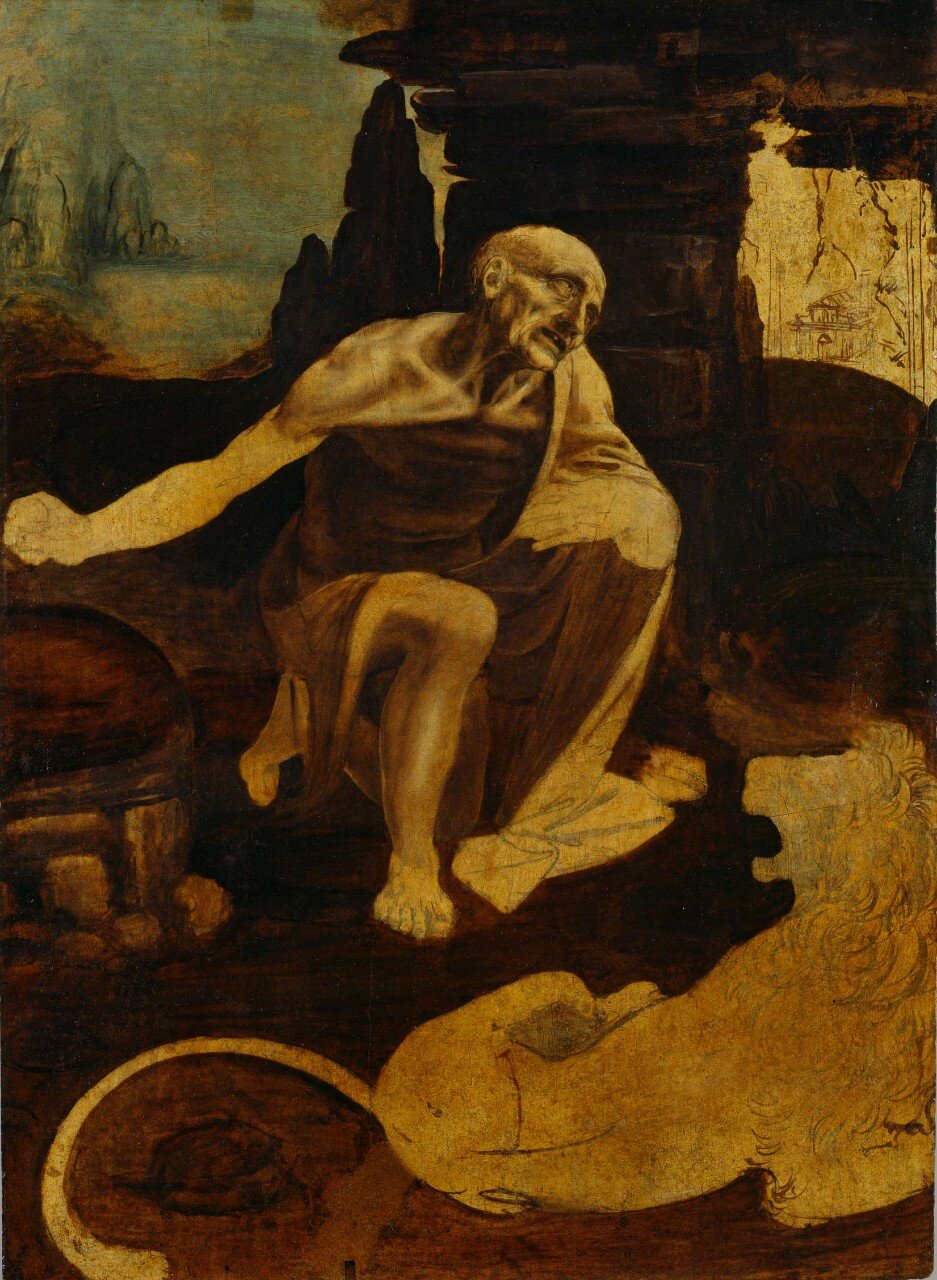The Bible and the Caveman
When people read the Bible for themselves they are led to consider the character and story of God, and his solution for the guilt, shame and restlessness that every man, woman and child carries with them before they know the rest that God supplies.
Anglicans Interpret the Bible
There are so many contradictions in it, how can an intelligent person possibly believe it?
Reformation Steamroller
September 5, 1538 Thomas Cromwell’s “Second Royal Injunctions of Henry VIII” ordered that a Bible be placed in every church in England.
Gutenberg’s Revolution
Gutenberg made learning possible and fashionable, a dangerous proposition for the establishment that was heavily invested in keeping people ignorant.
Give me More Than Evangelical
It is completely possible (even probable!) that you can go to an evangelical church and hear a thoroughly biblical message about what we can and should do for God, and never once hear what God in Christ has done for you.
Married Clergy?
For a sixteenth century priest to break their vow and to take a wife was a major act of rebellion. And so it was for women who married clergyman.
Choose a Pope
Protestants do not find the primacy-of-Peter in the Bible, neither do we recognize a centralized authority with permission to mix biblical and unbiblical teachings (magisterium) to instruct Christians about what to believe.
Be Like Jesus, or Believe in Him?
The “incarnational” slogan represents a remarkable shift in the history of Christian thought: from Calvary to Bethlehem… from the finished work of Christ for our salvation to the life of Christ as an example to follow for moral improvement.
Ashley Null on Cranmer’s Portrait
He wishes to be know as an archbishop whose most characteristic act is to read Scripture so as to be ready to share it.
Anglican Bible Interpretation
There are so many contradictions in it, how can an intelligent person possibly believe it?
Trent, Jerome, and the Power of the Bible
When people have access to the Bible and begin to read, mark, learn and inwardly digest God’s Holy Word - look out!
He’s No Pope
The Archbishop of Canterbury has rendered himself irrelevant, an unnecessary and unhelpful appendage to the worldwide Anglican Communion. Our honorary leader shows himself unwilling to lead the Anglican Communion with any biblical conviction. This shouldn’t bother us, though, since we can live a long and healthy life with our appendix removed - I haven’t had mine since 1978!
Why the Reformation Still Matters - a lot!
Dr. Peter Jensen succinctly (in 3 minutes!) explains why the 16th Century English Reformation still matters. Not only does it matter, but this is where Anglicans find their very identity!
Gutenberg, the Printing Press, and the Wildfire of Protestantism
Who was responsible for the 16th century Protestant Reformation? Johannes Gutenberg was. The inventor of the movable type printing press, died February 3, 1468. Gutenberg's 1450 invention was a powerful factor in the spread of the Reformation, making the Bible and the writings of Martin Luther and other reformers much more widely available.
The 16th Century English Reformer That Nobody Knows: Myles Coverdale
Myles Coverdale is the 16th century English reformer that nobody knows. If you have ever appreciated reading or singing the Psalms in the 1662, 1928, or 1979 Books of Common Prayer, they are Coverdale's English translation! Coverdale's beautiful renderings of the Psalms are used in Handel's "Messiah," based on the Prayer Book Psalter…
Charles Gore "Lux Mundi," Bricks Badly Laid
When the first bricks are badly laid, the wall, in the end, will be wonky. When we leave the doctrinal formularies of Reformation Anglicanism and wander the roads of our personal aesthetic tastes, the end result is Charles Gore, liberal Catholicism, and "Lux Mundi." Charles Gore, the popular Principal of Pusey House Oxford, died on this day January 17, 1932.
Elizabethan Settlement: a Biblical, Generous, and Beautiful Faith
When Mary died, her half-sister Elizabeth was crowned Queen of England January 15, 1559. Elizabeth was the last of five monarchs of the House of Tudor. She had private Lutheran leanings, but she was more interested in keeping peace between the different Protestant factions in England. In her long reign as Queen and Supreme Governor…

















